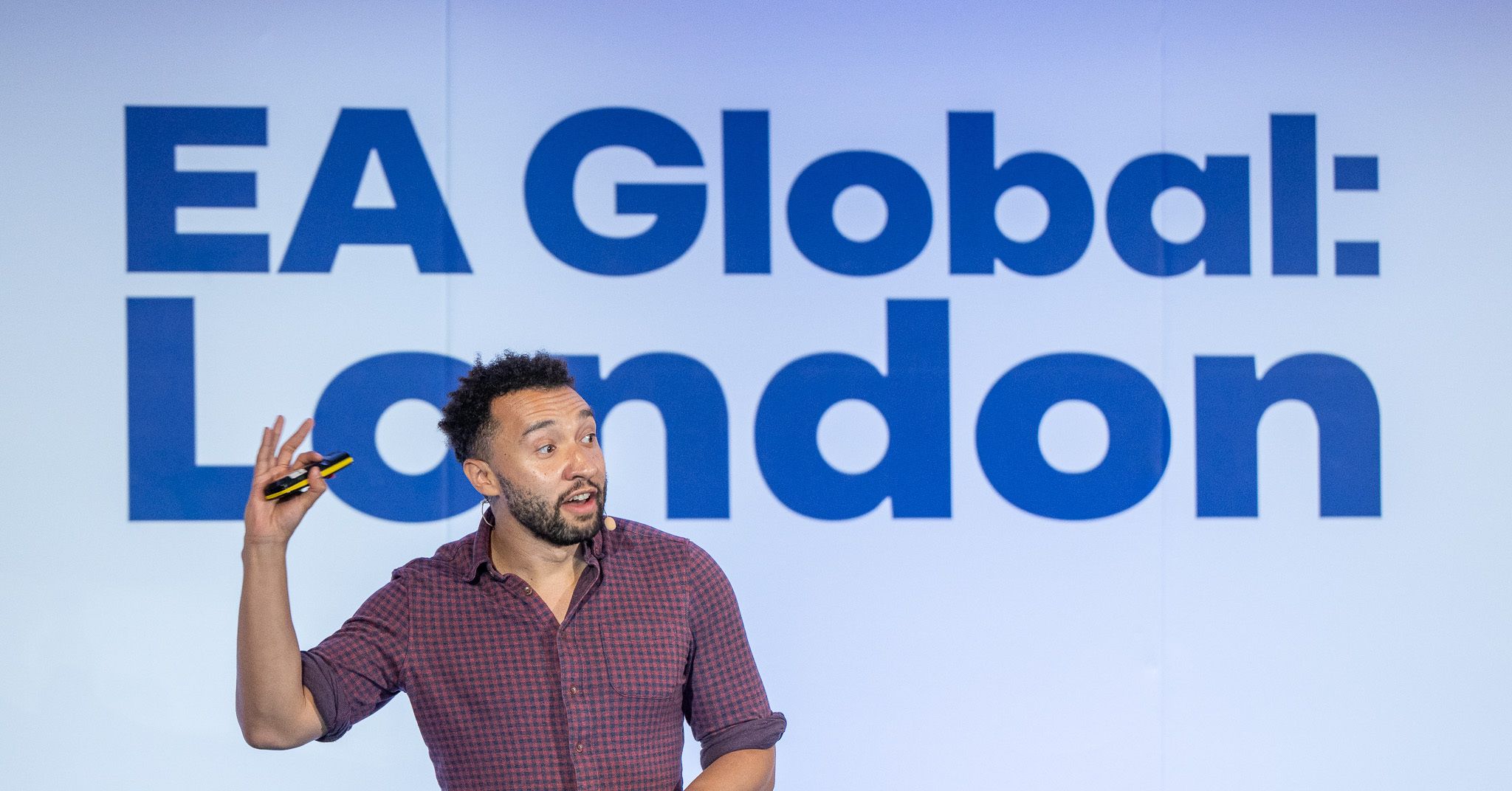Why aren't we protesting AI acceleration in the street?
I'm not super up to date with the latest EA thinking on current AI capabilities. The takes I read on social media from Yudkowsky and the like are something along the lines of 'We're at a really dangerous time, various companies are engaged in arms race to make more and more powerful AIs with little regard to safety, and this will directly lead to humanity being wiped out by AGI in the near future'. For people really believe this to be true (especially if you live in San Fransico) - why aren't you protesting on the street?
Some reasons this might work:
- There's lots of precedents of public pressure leading to laws being passed or procedures changed, that have increased safety standards across many industries
- The companies working on AI alignment are based in San Francisco. There's a big EA and rationalist community in SF. Protests could happen outside the HQ of AI companies.
- Stories about silicon valley tech companies get lots of press coverage in mainstream media
- There's a prevailing anti - big tech companies feeling in parts of society that could be tapped into it
- Specifically, there's criticisms of the newest AIs for things like 'training AI models on artists' work, then putting artists out of a job' (Dalle) or 'making it much easier to cheat at university' (ChatGPT). Whilst this isn't directly related to AGI safety, it's the kind of feeling that could be tapped into for the purpose of this protest
- If an AI safety researcher could be interviewed on camera at the march it adds credibility to the march, that experts are concerned
- It adds credibility to the voices of experts warning about AI risk, if they're so worried they're willing to get out on the street to protest about it
Hi Matt, this is a great idea and the closest thing I am aware of is the street-level protests which have been held by the Campaign to Stop Killer Robots. Maybe you and other EAs would consider getting involved in some of their marches? I haven't been able to join any as they weren't local to me, but I've donated to them and maybe you can too or you could march with them? https://www.stopkillerrobots.org/
Objections to 'value of my time arguments'
I often hear EA/ rationalists saying something like 'it's not worth spending an hour to save £20, if your hourly rate of pay is over £20/ hour. I think this is wrong, but I might not understand the argument.
It could be understood as a hypotherical argument, you COULD earn this much in an hour, as a reference point to help you understand the value of your time. This hypothetical reference point isn't really useful, when I have the very real figure of my total balance, and upcoming outgoings to consider, and the factor of whether I can afford to spend on things I enjoy, if I don't save money now.
So, it could be a suggestion that I actually could work an extra hour for money. But I (and almost everyone I know) don't get paid hourly. I have a fixed amount of hours, she working over that doesn't gain me more money. To gain more, I'd need to set up a freelance/ side business, and there's all sorts of initial costs with getting that setup and advertising my services, and reporting my income for tax, and so on and so on.
Lastly, 'you could work an extra hour' doesn't factor in my enjoyment. Working an extra hour would have a negative effect on my mood. I don't want to work more than i already do. By contrast, walking an hour to save an Uber fee would be good for my mood, and health.




Objections to 'value of my time arguments'
I often hear EA/ rationalists saying something like 'it's not worth spending an hour to save £20, if your hourly rate of pay is over £20/ hour. I think this is wrong, but I might not understand the argument.
It could be understood as a hypotherical argument, you COULD earn this much in an hour, as a reference point to help you understand the value of your time. This hypothetical reference point isn't really useful, when I have the very real figure of my total balance, and upcoming outgoings to consider, and the factor of whether I can afford to spend on things I enjoy, if I don't save money now.
So, it could be a suggestion that I actually could work an extra hour for money. But I (and almost everyone I know) don't get paid hourly. I have a fixed amount of hours, she working over that doesn't gain me more money. To gain more, I'd need to set up a freelance/ side business, and there's all sorts of initial costs with getting that setup and advertising my services, and reporting my income for tax, and so on and so on.
Lastly, 'you could work an extra hour' doesn't factor in my enjoyment. Working an extra hour would have a negative effect on my mood. I don't want to work more than i already do. By contrast, walking an hour to save an Uber fee would be good for my mood, and health.